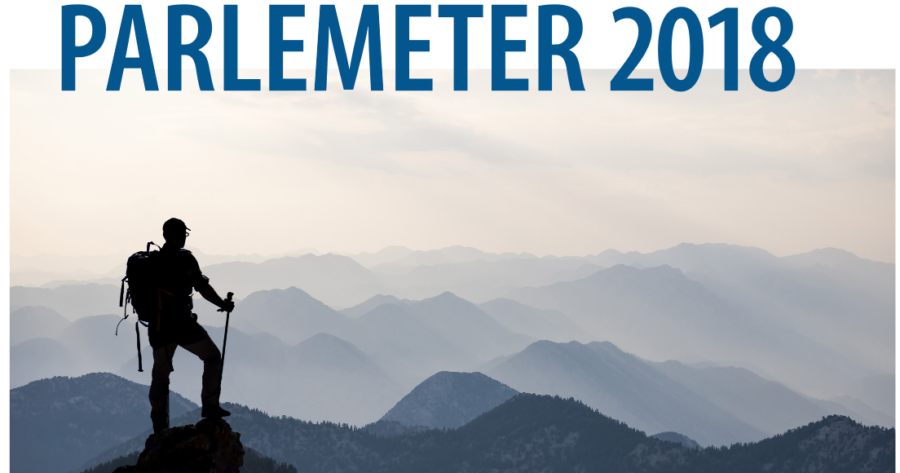Since 1973, the European institutions commission regular public opinion surveys, the Eurobarometer, in all EU Member States.
In 2007, the European Parliament launched its own specific Eurobarometer series. These surveys cover a wide range of issues, focusing on citizens’ perceptions and expectations towards EU action, and the main challenges the Union is facing. The surveys also measure in detail citizens’ attitudes towards the EU and the European Parliament, while also keeping a close eye on the public’s views on the European elections.
A dedicated series of the Parliament Eurobarometer is carried out in view of the European elections. It focuses on Europeans’ attitudes in the run up to the European elections, gauging Europeans’ interest in the elections and their opinions on the European project.
The Parlemeter is an annual Eurobarometer survey commissioned by the European Parliament in all EU Member States since 2007. It focuses on Europeans’ views of the European Parliament. The surveys measure Parliament’s public image and role, and how much citizens know about it.
With seven months to go, the Parlemeter 2018 shows a growing appreciation of the EU by Europeans and an improved awareness on the forthcoming EP elections. This well-founded optimism expressed by a silent majority can form the core of a positive European narrative that connects its citizens, delivering a contrasting narrative to a populist clamour. The Parlemeter 2018 presents the results of the survey as an opportunity to take up the challenge: From (silent) support to actual vote.
41% of Europeans can correctly identify the election date in May 2019 – a nine point increase over a similar survey six months ago. However 44% still could not say when the elections will be taking place. With 51% of citizens declaring to be interested in the elections, citizens’ campaign priorities have evolved over the past six-month period. Immigration now tops the agenda (50%) followed by economy (47%) and youth unemployment (47%), whilst combatting terrorism moves down to fourth place with 44%.

